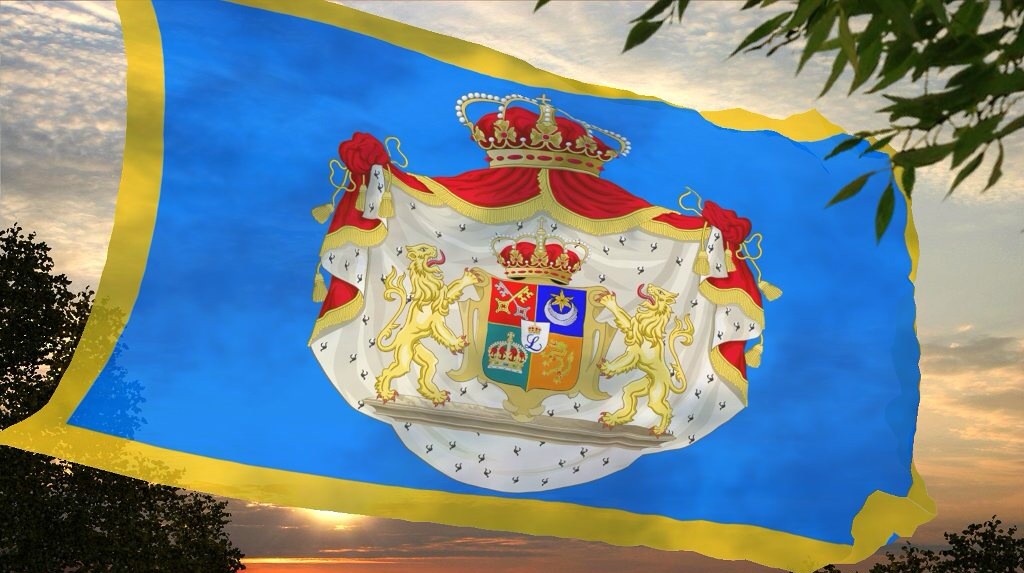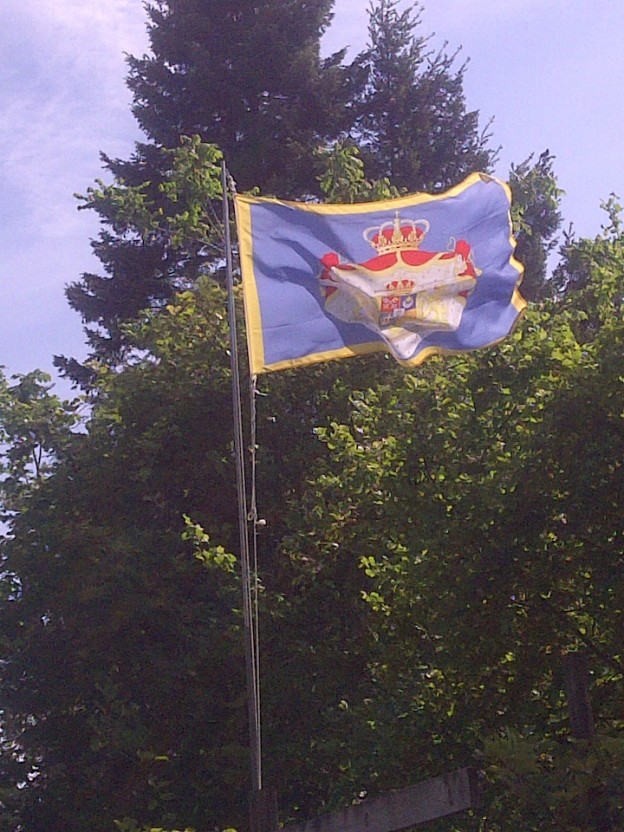Romanticism, a word that is heavily being attributed to this work. When I hear the word I envision the Wanderer Above the Sea Of Fog or the works of the Johann Strauss II. I am not quite sure if this is supposed to be really the origins of the Romanticists, however I would not be taken by surprised.
Perhaps these works like many others were seen by their makers as avante-garde in their times. The same idea taken in from the world of paintings and portraiture may be applied in some sense what is written down.
Despite the very elite community of book writing in England stemming from the Restoration Era with the return of Charles II to the throne, note to all political science fanatics, was also marked with the creation of Locke’s Two Treatises of Government. This era and onwards would make England and that of English writing among the most tolerant and liberal in western civilization.
Certainly on a tangent, but just how the art world reacted from the transition of Realism to Impressionism, the sense of the changing world of literature can be seen through this book.


